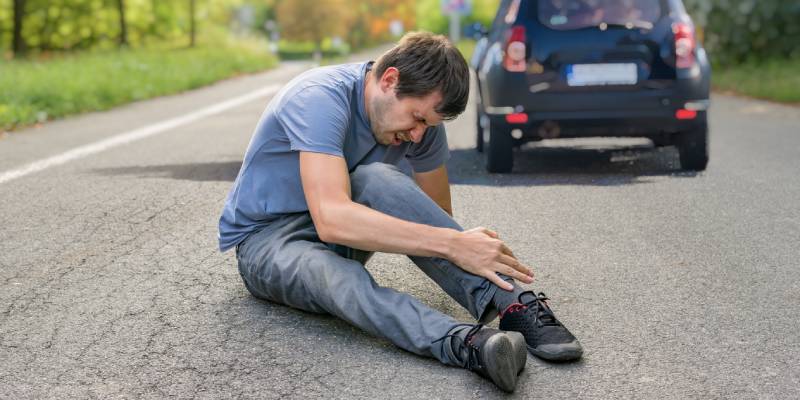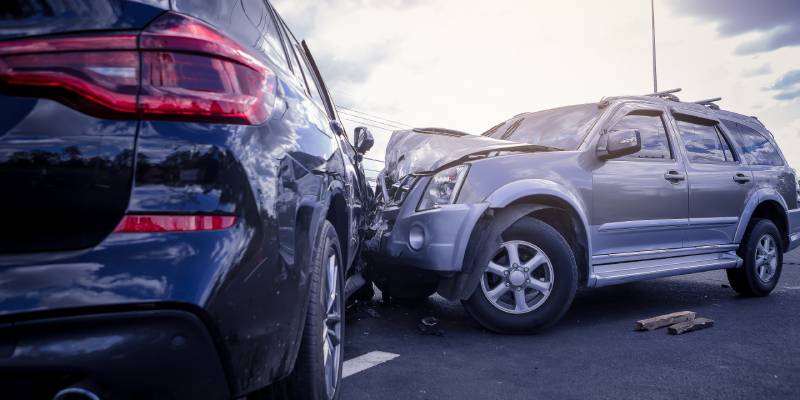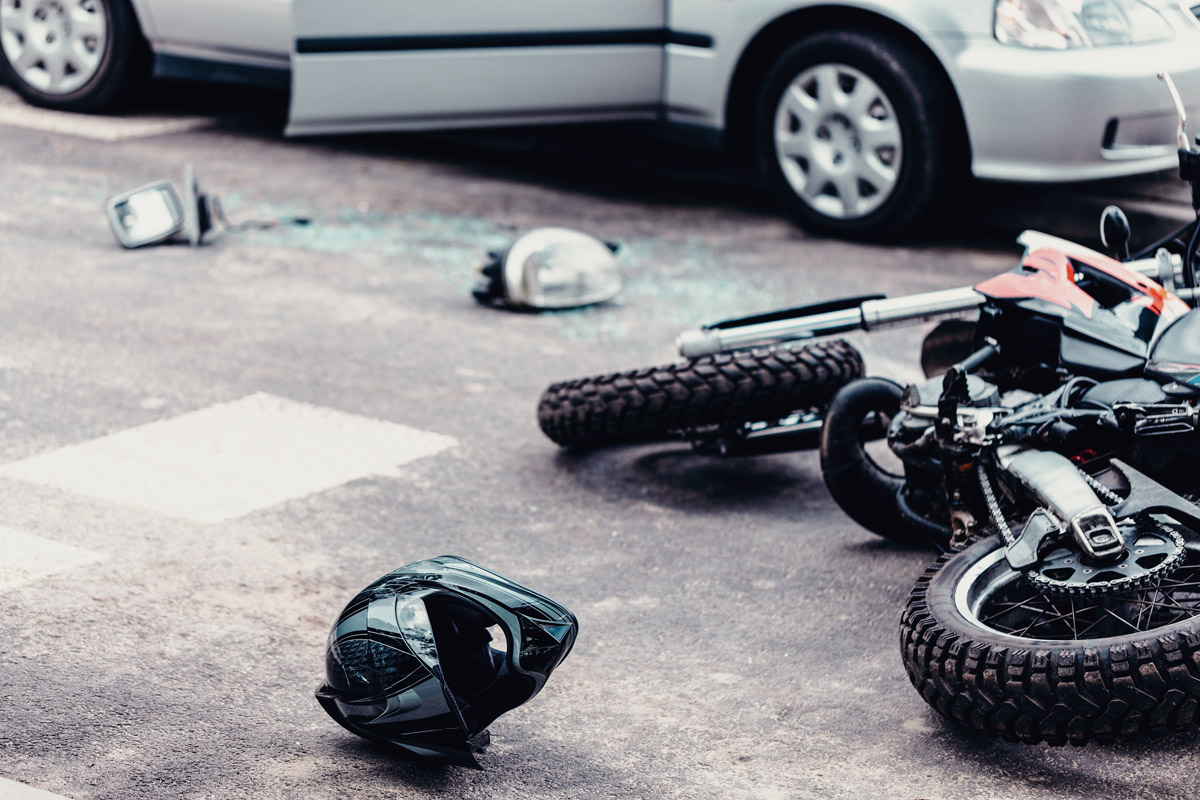Getting hit by a car while you’re walking is a scary experience, especially if you sustain injuries. However, pedestrian accidents are common – it’s even estimated that a car hits a pedestrian once every 7 minutes in the United States alone. Knowing what steps to take after an accident can help you recover quickly while preparing to make a claim. Here’s what to do if a car hits you while walking:
Remain Calm and Evaluate Injuries
Your safety is the first priority after an accident. Try to maintain a calm composure while assessing injuries. If you or anyone else has been seriously hurt, call 911 immediately for medical assistance.
File a Report With Law Enforcement
Once everybody involved in the accident is safe, it’s time to call law enforcement to file a report. Police reports play a big role in determining liability, so it’s important that you don’t skip this step and that you provide as much information as possible.
Collect Information on the Driver
To file a claim, you will need the driver’s information. Request their name, phone number, address, insurance company, and policy number. If they are not being cooperative with you, don’t worry; law enforcement will also be able to collect this information. Should the driver attempt to flee the scene, at least try to catch the license plate number. Without the license number, it will be very challenging to track the driver down later on.
Collect Witness Contact Information
Even if law enforcement has not arrived yet, request contact information from any third-party witnesses who saw the accident. Doing so will ensure you have their information even if they decide to leave the scene of the accident before the police arrive.
Always Seek Medical Attention
Even if you think you feel fine, it’s crucial to seek medical attention as soon as possible. Adrenaline from the accident can make it impossible to accurately assess your own injuries. Visiting a doctor not only ensures you are receiving proper and thorough treatment, but it also creates a written medical record of any injuries. During your visit, describe the events in detail and try to get comprehensive diagnostic tests.
Do Not Give Any Insurance Company a Statement
Prior to giving a statement to any insurance company – even your own – it’s critical to seek help from an experienced attorney. Any questions you answer or statements you provide can be used against you later on, so it’s important to work with a knowledgeable lawyer who can provide guidance.
Seek Help From an Attorney
A personal injury attorney can help you navigate the claims process and recover any compensation to which you are entitled. Damages can cover expenses like medical bills, missed work, and more. If you have been involved in a pedestrian accident in the state of Oregon, you can count on the experienced lawyers at OlsenDaines to make your claim as simple and effective as possible. Just give us a call to schedule your free legal consultation.
Track All Expenses
Throughout the claims process, you will want to keep track of any injuries, treatments, and medical bills. Consider creating a folder where you can store all of your medical receipts and records, such as:
- Time missed from work for recovery or medical treatment
- Specific dates and times of medical appointments
- Any receipts for co-pays or prescriptions
- Pain and symptoms related to the accident
Follow Through on All Medical Appointments and Treatments
It’s crucial that you attend all medical appointments and follow through on each treatment plan. Failing to do so will not only impede recovery; missing appointments could also prompt an insurance company to argue that you are not actually injured, or that you are needlessly extending your injuries by not complying with medical recommendations. To ensure your fast recovery and a speedy claims process, be sure to attend all appointments and complete all recommended treatments.



